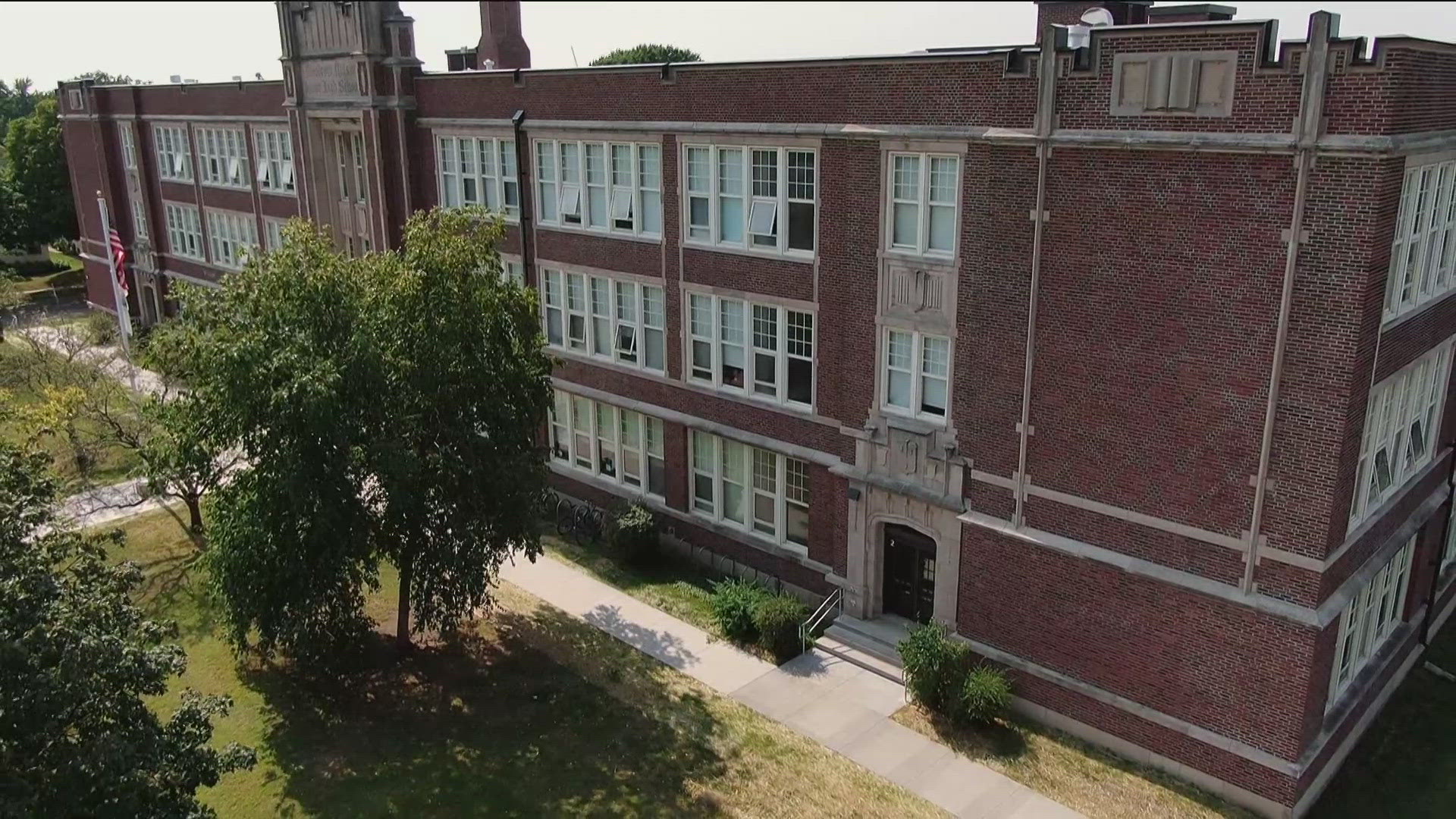MINNEAPOLIS — Voters in Minneapolis and Saint Paul both have questions on their ballots Tuesday asking whether they want to raise property taxes in order to fund public schools and child-care subsidies, respectively.
Here's what you need to know about the measures.
MINNEAPOLIS
The ballot question in Minneapolis seeks to generate $20 million for the Minneapolis Public Schools' technology fund — but don't be confused by the term "technology levy." According to the district, funding for technology would not substantially change if the measure is passed. Instead, the money would help offset cuts to other programs and services and would bolster the district's general fund, at a time when MPS is struggling with declining enrollment, inflation and the expiration of federal COVID funding.
"Deciding on candidates for president and other offices is not the only important decision Minneapolis voters have to make tomorrow," MPS Senior Finance Officer Ibrahima Diop said. "Voters also need to consider this technology levy question. It's just one way MPS is working to raise revenue, stabilize its financial situation and ensure a secure future for all students."
The measure is supported by the Minneapolis Federation of Teachers, including Marcia Howard, who said it's critical "in order to make sure our kids have what they need."
Although there are no organized groups in opposition to the proposal, property tax hikes are always a tough sell with the public. In this case, Minneapolis voters would be approving an increase of $8 per month on the median homeowner in order to fund the money for the Minneapolis Public Schools.
"I'll say this, as the president of the MFT teachers' chapter, you best believe the teachers will be holding our district accountable for those funds," Howard said, "and how they're being used. We want transparency and we want accountability."
SAINT PAUL
Across the river in Saint Paul, a ballot question asks voters whether they want to raise property taxes in order to fund $20 million over 10 years, to help largely low-income families pay for child care.
The median homeowner in the city would see a $16 increase per year, if approved.
Daniel Cox, the campaign manager for Yes For Saint Paul Families, canvassed in Saint Paul on Monday and urged voters to support the measure.
"Anyone who has kids, or knows someone who has kids, or has grandkids, understands really viscerally the impact of child-care costs," Cox said. "For a lot of families, child-care is their largest single household expense."
This measure has been subject to a lot of discussion and back-and-forth over the past few years. Council Member Rebecca Noecker is one of the measure's biggest supporters, saying it's a vital need in the city.
But Council President Mitra Jalali, Mayor Melvin Carter, and the Saint Paul Federation of Educators have all come out against the proposal. Carter says the money generated won't be nearly enough to cover all the families that need child-care assistance, while the educators' union has said that the program would lead to a privatized "voucher" system.

